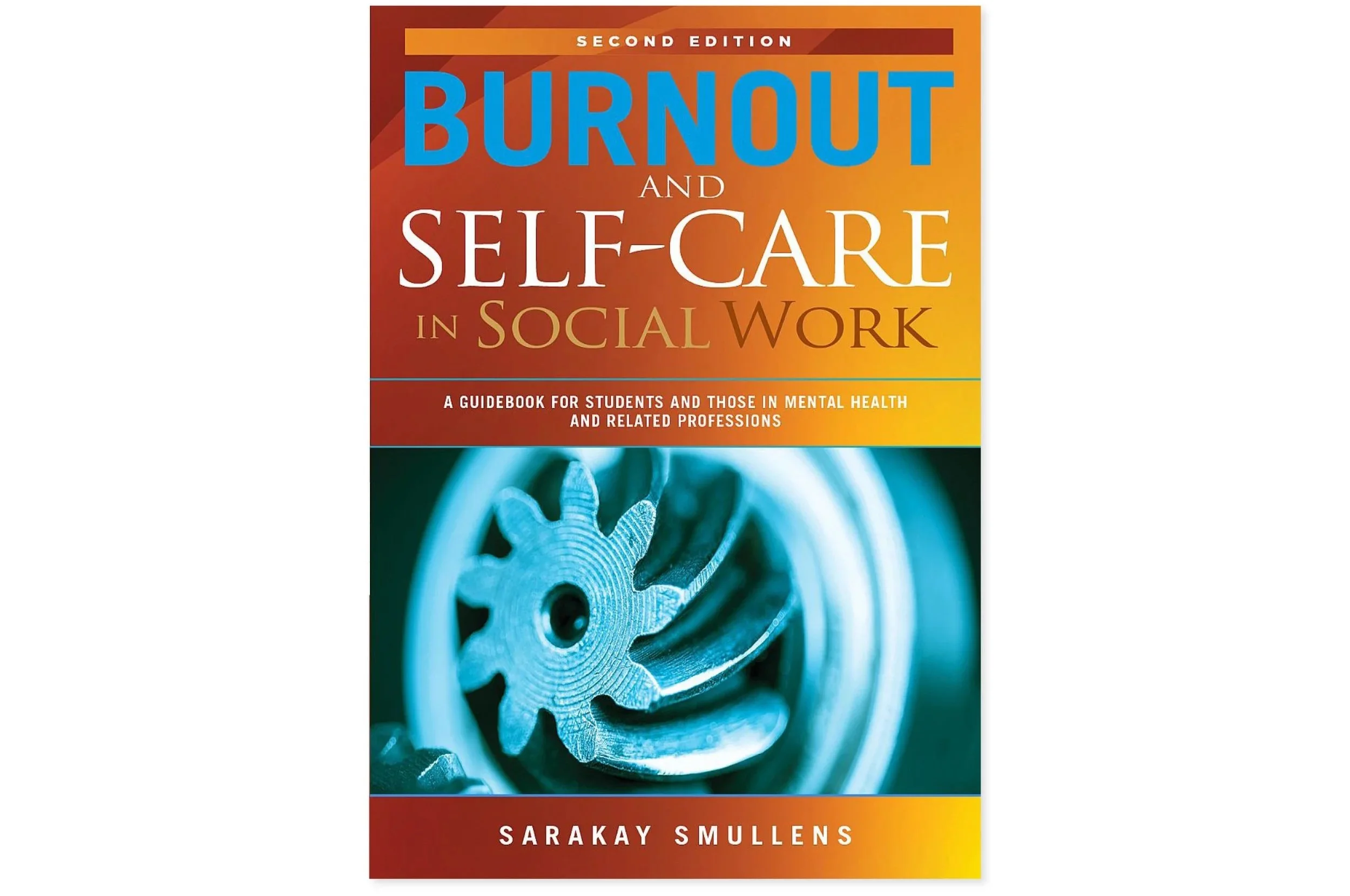Letter to the Editor: The Meaning and Value of Empathy
The following letter was sent to the New York Times on July 24, 2025.
To the editor:
Your recent article by Jennifer Szalai (July 24, C4) referencing books from the right and left noting dangers of empathy have it backwards. Each ignores the important distinctions of researcher Karen Gerdes, emeritus professor at Arizona State University, which are built upon in my most recent book, “Burnout and Self-Care in Social Work: A Guide for Students and those in Mental Health and Related Professions” (ed 2, NASW Press, 2021),
To bottom line: Sympathy, first noted in the 16th century, offers a welcome break from pity, which emerged in the 13th century, originally offering a positive connotation of feeling sorrow for another’s suffering, but today recognized as condescending. Sympathy is derived from the Greek pre-fix syn, meaning “together” and the word “pathos,” meaning feelings. To sympathize is to experience a heightened awareness of another’s suffering, taking on another’s pain as your own, a dangerous state, leading to burnout.
In contrast to pity and sympathy, the concept of empathy, only 100 years old, reflects one’s ability to develop boundaries — to separate our lives and challenges from others, and in this way, hear, think, and plan with both caring and clarity...
Empathy helps to prevent burnout, as well as poor judgement. To offer remembered political examples: Sympathy, caring without boundaries, led to poor screening for criminality of those who entered our country from Cuba, a trend that continued, and was blown out of proportion, contributing to the election of our 47th president.
Sincerely,
SaraKay Smullens
Sent to the New York Times, July 24, 2025
A full examination (not written only for those in mental health professions) of the warning signs of burnout, where in our complex lives they occur, the differences between depression and burnout, and the importance of empathy.

